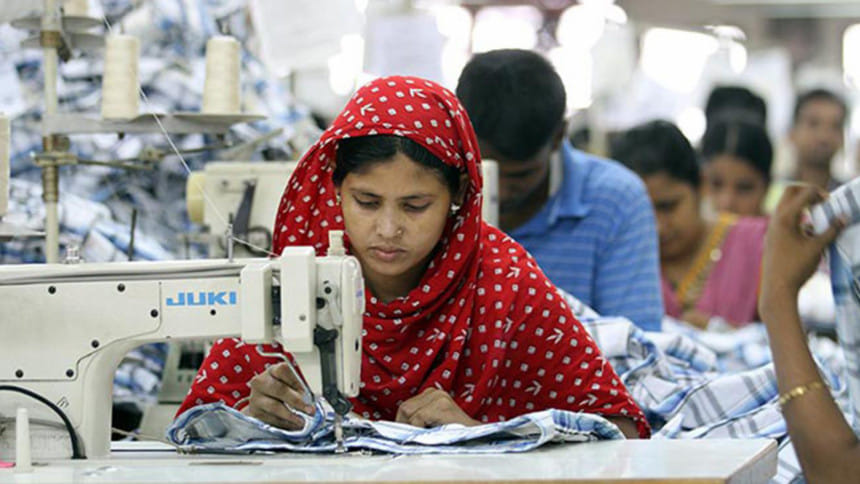Ticfa meaningless if GSP not restored: Tofail

Commerce Minister Tofail Ahmed today said the Trade and Investment Cooperation Forum Agreement (Ticfa) will be meaningless if the GSP to the US market is not restored.
"We have already fulfilled all the 16 conditions laid down in the Bangladesh Action Plan,” the minister said after a meeting with a US delegation.
He said Bangladesh signed the Ticfa with the US government in November 2013 mainly to restore the generalized system of preference to the American markets.
The ministers added that the Ticfa is a platform for settling any trade related disputes through discussion between Bangladesh and the US.
Earlier in the day, a delegation from the Office of the US Trade Representative or USTR met with Tofail Ahmed at his office at Bangladesh Secretariat in Dhaka.
In the meeting, they suggested the government to form a separate, single trade union in each EPZ through merging the existing Workers’ Welfare Associations (WWAs) for restoration of the GSP to the US market.
In Bangladesh, the WWAs are considered as workers’ platforms in the factories housed in the Export Processing Zones (EPZs) to protect their rights in absence of trade unions.
“We have little to do. We have done a lot to regain the GSP (generalized system of preference),” Tofail told journalists in a post meeting briefing at his office.
When asked whether the merging of WWAs to a single trade union is a new condition or not, the minister said: “No. This is not any condition for us.”
“We cannot introduce the trade unions in the factories housed in the EPZs because in 1999, the government signed agreement with the investors assuring them that there will be no trade union in the EPZs to protect the workers’ rights,” Tofail added.
So, instead of the trade unions, the government allowed the WWAs, which have been functioning like unions in those specialised economic zones, where mainly the overseas entrepreneurs have invested.

 For all latest news, follow The Daily Star's Google News channel.
For all latest news, follow The Daily Star's Google News channel. 



Comments